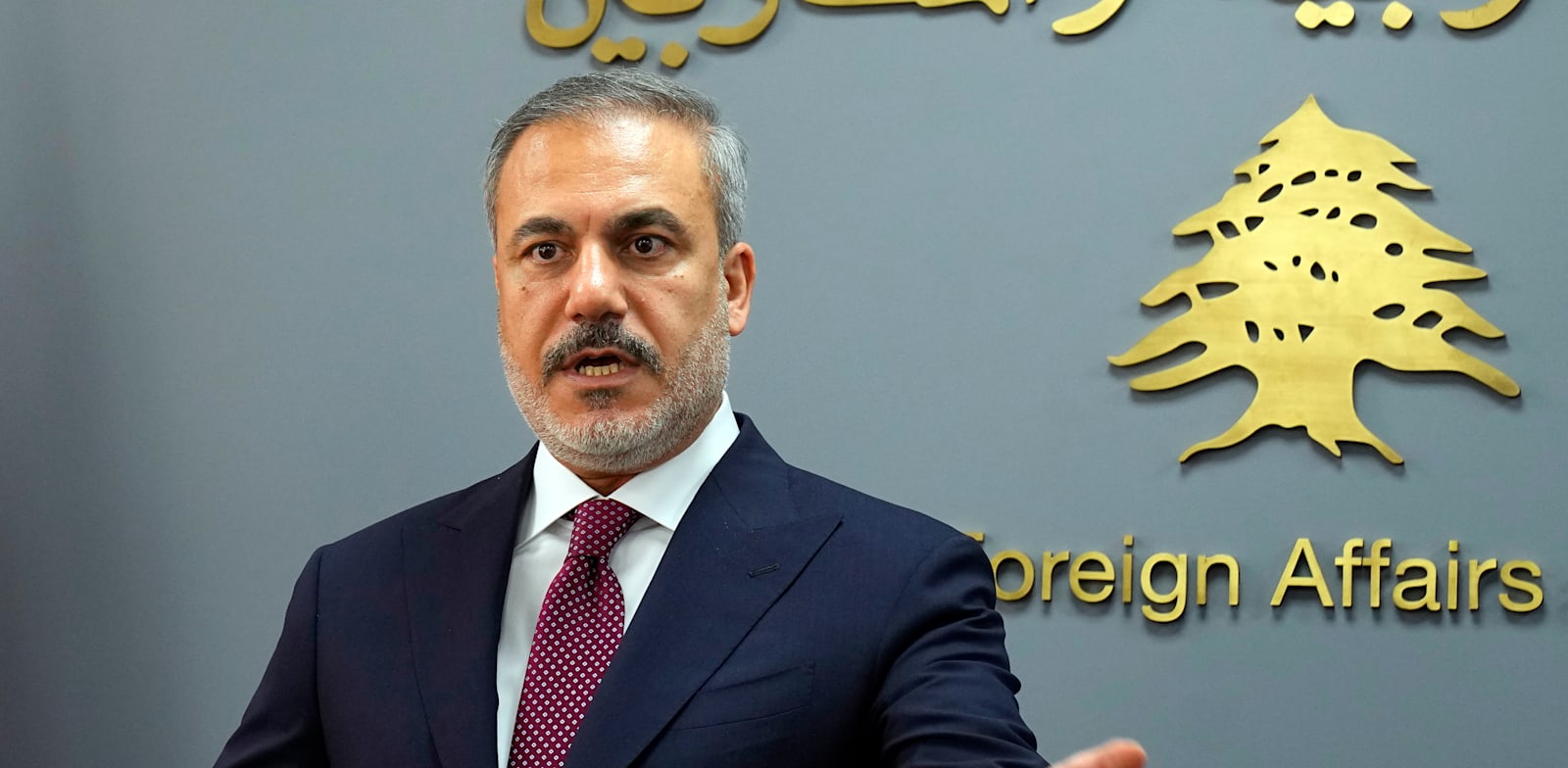
Turkey-Iran Conflict: The Role of Anti-Israeli Measures in Sinjar Region of Iraq
Recently, eyebrows were raised due to frequent meetings of Turkish officials with their Iranian counterparts. Foreign Minister Khan Fidan stated in an interview with the “Al-Arabiya” network that he believes pro-Iranian militias in Iraq are ready to deal with the Kurdish underground (PKK) in the Sinjar region of northern Iraq.
This revelation has caused concern from Israel’s perspective, especially in light of Turkish anti-Israeli measures, such as stopping trade with Israel. Additionally, a meeting between Fidan and the chairman of the umbrella organization of pro-Iranian militias, “Hashad al-Shaabi,” took place about two months before the Iranian attack on Israel.
Despite initial hopes for cooperation with Israel, Fidan’s recent statements indicate a different direction. He sees potential security partners in the pro-Iranian militias in Iraq and suggests that a larger conflict could arise between Israel and Iran. While negotiations are ongoing between Israel and Hamas through different mediators, Fidan’s comments shed light on Turkey’s role in the region.
Turkey was the first Muslim country to recognize the independence of the State of Israel as early as 1949. Ankara’s relationship with Tehran is older and actually rooted in the ties between the first shah of the Pahlavi dynasty, Reza, and Atatürk. Despite ongoing tensions between Turkey and Iran, Fidan advocates for a two-state solution based on pre-1967 borders for Palestinian issue and Gaza strip which differs from previous Turkish policies towards Israeli Palestine conflict.

